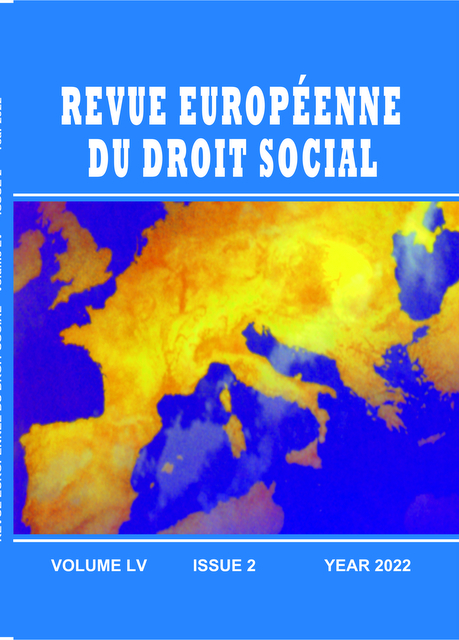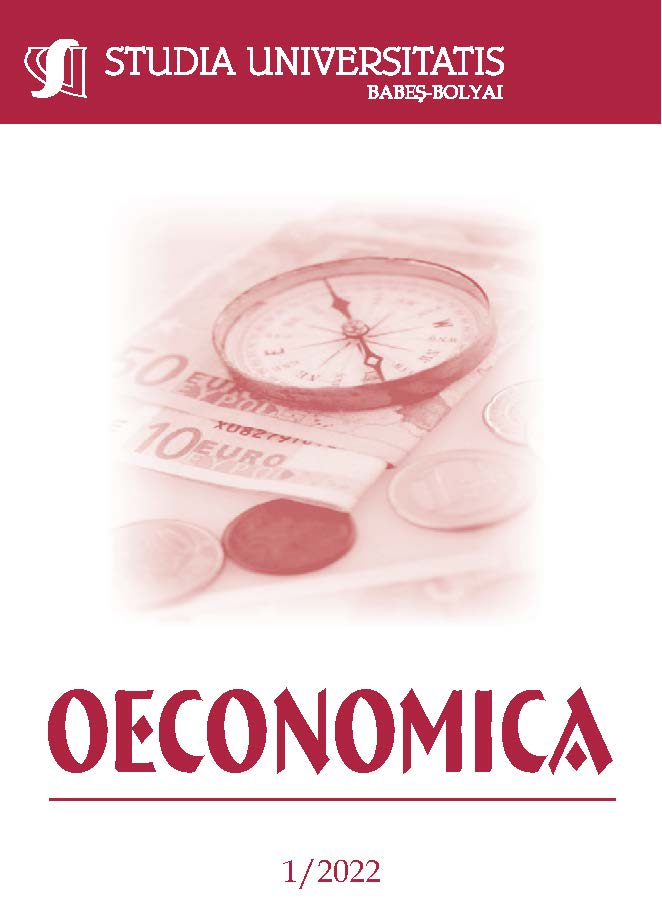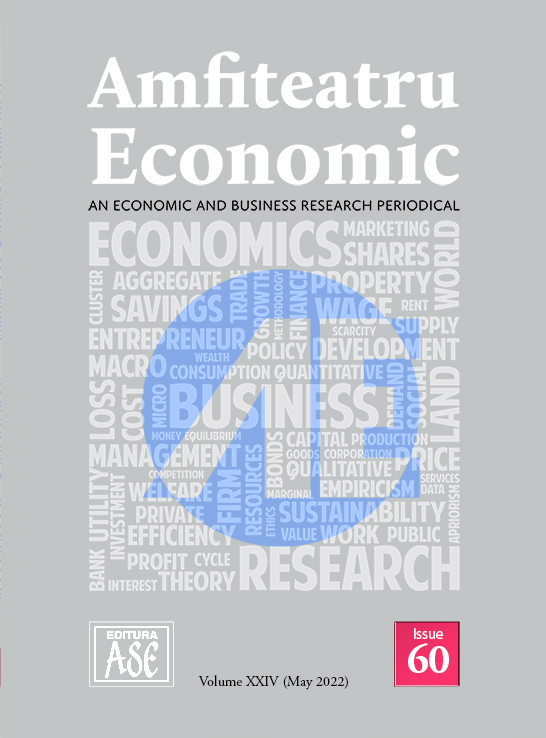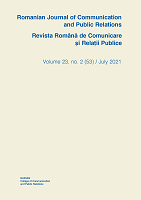
MODÉLISATION BPMN POUR LA CONSTRUCTION D'UN WORKFLOW DE TRAITEMENT DES RÉCLAMATIONS CLIENTS
The major problems of a business are not usually related to an individual's fault, but to a bad organization. Reducing defects is a challenge to achieve. The ISO 9001 provides a set of requirements, especially for the handling of customer complaints that could help the company to solve the problem of the complexity of their treatments. This article consists in building a workflow mechanism that can introduce the dimensions of time, responsibilities and time needed to further comply with the normative requirements of quality management. The specifications of deployed workflow scenarios have been defined in 'BPMN' specifically to address the complexity of managing the customer complaint process and handling non-compliance. The ASDIM approach used transforms most of the requirements of the ISO 9001: 2015 standard into an activity diagram that encompasses the required actions described in this standard to handle customer complaints through computer-based and executable business process reengineering
More...


